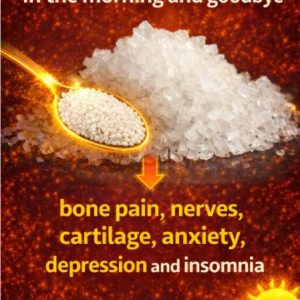Canadian Prime Minister Mark Carney has apologized to U.S. President Donald Trump over a political advertisement that invoked former President Ronald Reagan’s comments on tariffs. The ad, commissioned by Ontario Premier Doug Ford, aired on major American networks and featured excerpts from Reagan’s 1987 radio address warning of the dangers of tariffs. The White House criticized the ad for taking Reagan’s remarks out of context, while Ford defended it as “accurate” and “effective.” In response to the controversy, Trump suspended ongoing trade negotiations with Canada and imposed an additional 10 percent tariff on select Canadian imports. The Ronald Reagan Presidential Foundation also condemned the ad for using selectively edited audio clips that misrepresented Reagan’s full position on trade policy.
Carney, who reviewed the advertisement’s script alongside Ford before it aired, said he had voiced reservations but was ultimately overruled. Following the Asia-Pacific Economic Cooperation summit in South Korea, Carney told reporters that he privately apologized to Trump during a dinner hosted by South Korea’s president on October 22. The apology, Carney said, was meant to ease diplomatic tensions caused by the ad. Trump later confirmed the exchange, telling reporters that Carney “was very nice” and had apologized because “it was a false commercial.” When asked if he would resume trade talks with Canada, Trump replied, “No, but I have a very good relationship. I like him a lot.”
The ad featured Reagan’s April 1987 remarks, in which he cautioned that tariffs might appear patriotic but ultimately harm workers and consumers by triggering trade wars and shrinking markets. Reagan concluded that “the way to prosperity for all nations is rejecting protectionist legislation and promoting fair and free competition.” Trump, who has relied on tariffs as leverage in global trade negotiations, argues that Reagan’s broader record supports their use to protect national security and American jobs. While Trump’s administration has maintained a 10% baseline tariff—roughly three times higher than before—Canada remains largely shielded under the USMCA agreement, with most of its key exports, including automobiles, exempt from the 25% tariff on foreign-made cars.




